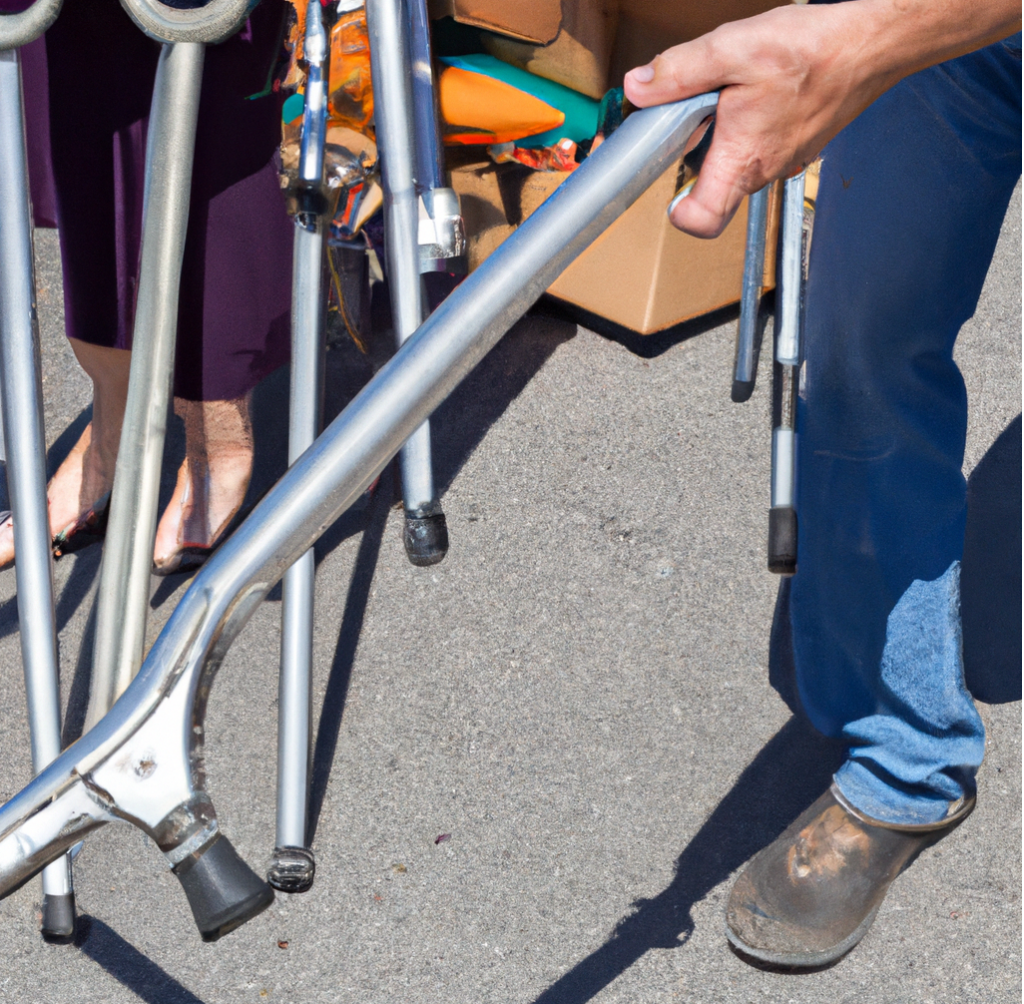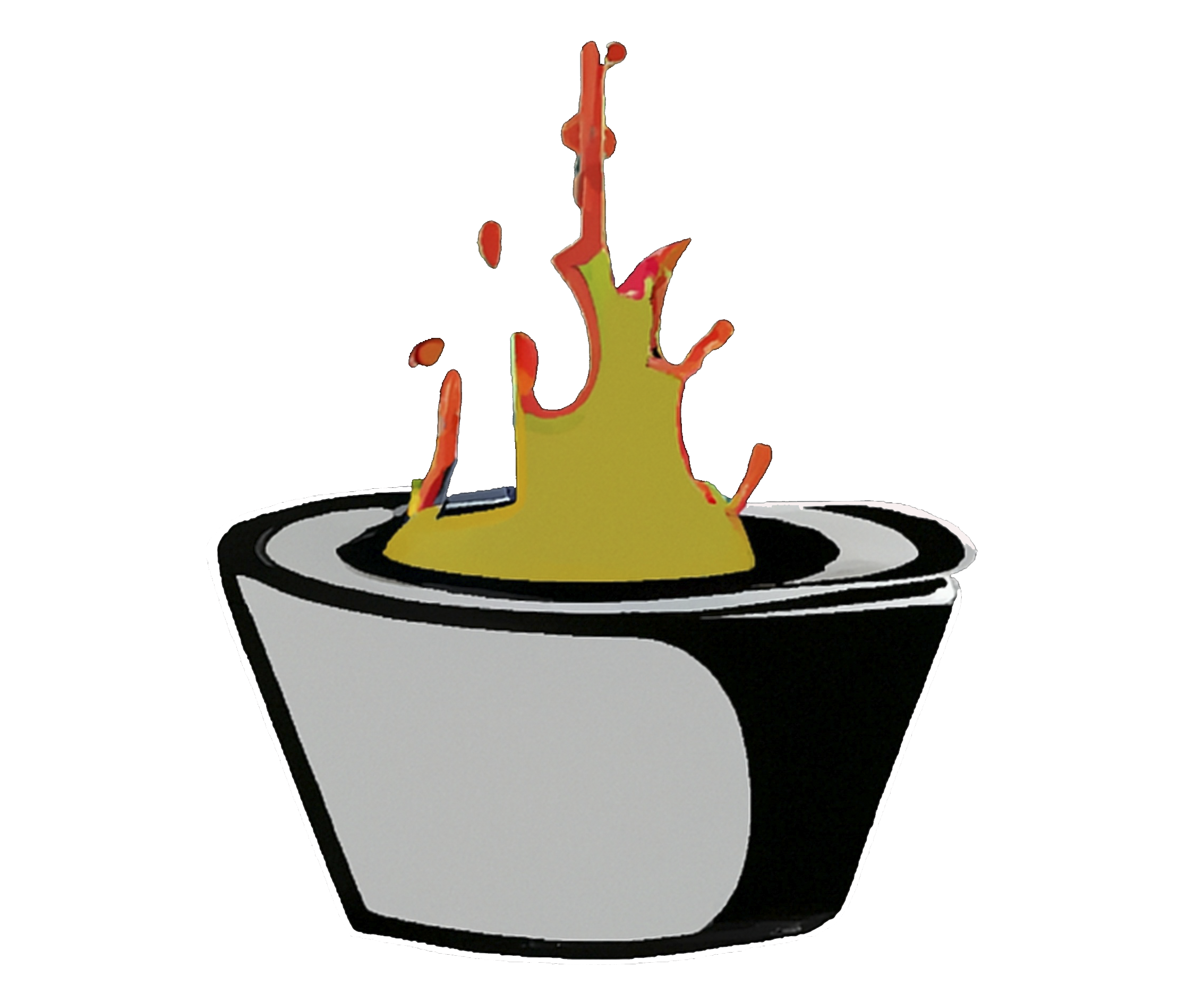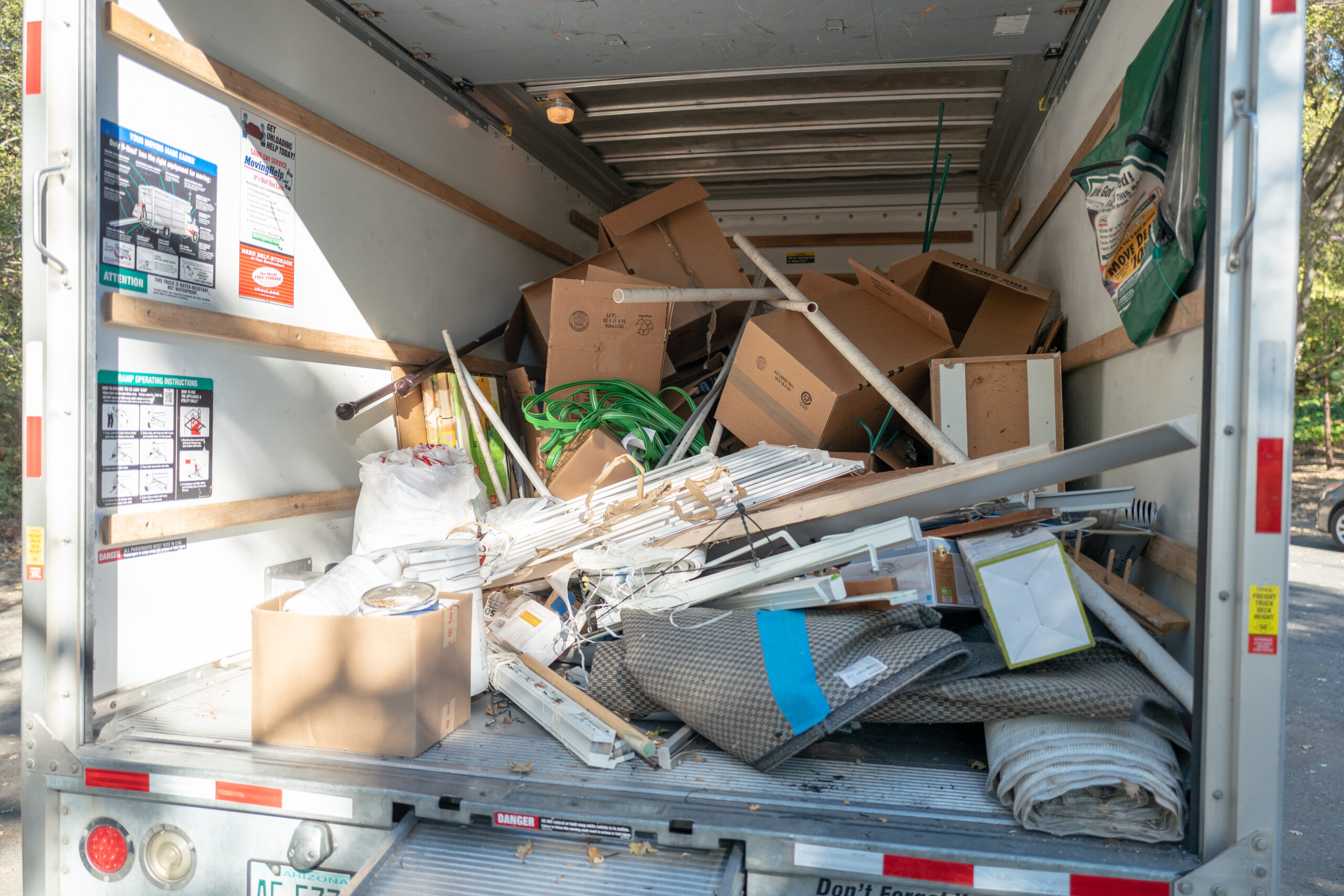One of the great joys of building a home foundry is recycling old items, melting them down, and transforming them into something new and beautiful. Aluminum is one of the best materials to melt in your home foundry. It’s strong, easy to mold, and has a low enough melting point that it’s very reasonable to work with at home.
You can buy aluminum ingots from a supplier, but it’s a lot more fun and more ecologically friendly to melt down existing items in order to cast aluminum at home.
Here are a few of the best places to find scrap aluminum to melt down and cast in your home foundry.
Your local dump or scrap yard
Commercial scrap yards rarely sell raw aluminum to hobbyists. Municipal dumps and scrapheaps, on the other hand, are another story. Often these municipal facilities are all too willing to have people come in and make good use of their materials.
I used to frequently scavenge scrap aluminum from the local solid waste facility where I grew up in Philadelphia. The key here is to ask first. Some places have ordinances or laws against scrap picking, so you want to get permission from the facility operator to reuse items.
In many cases, they are very happy to give permission. Some facilities even operate reuse rooms, where they grab potentially reusable items for hobbyists to take and upcycle.
Keep in mind that many of these facilities, you might find scrap aluminum that has other metals mixed with it. Once you get the item home, you might need to use a reciprocating saw, or another tool to slice off the aluminum parts for melting.
Make sure you’re very confident in identifying aluminum before scrounging, too. The last thing you want is to get magnesium instead of aluminum and start a fire!
Your local thrift store
Thrift stores often stock older items that could be made of solid aluminum. Anything that needs to be light and corrosion-free could potentially be an aluminum item.
Cups, plates, crutches, lawn chairs, and many other unexpected items are made of high-quality aluminum. You can often buy these items at a thrift store for a few dollars and then melt them down in your home foundry to make something new.

Yard sales
In the same way, you can also find many of these items at local yard sales. Homeowners are often very happy to get rid of big, bulky aluminum items and make a few dollars in the process.
You can look for the same kinds of things to find at thrift stores, but you can also ask if they have some old scrap items laying around in the garage that you might be able to buy. I purchased lots of window screens to melt at yard sales. People often have older, broken ones lying around, and if you remove the screen itself, the frame is made out of high-quality aluminum!
Beverage cans
If you live in a state that offers a refund for beverage cans, you’re usually better off returning them for the cash. If your state doesn’t offer this, you can melt down your old beverage cans and turn them into a new cast item.
As we’ve covered in another article, aluminum cans have decent quality aluminum, but it’s very thin. That means it’s likely to oxidize intensely in your crucible. For that reason, it’s often best to get some other thicker aluminum scrap melted first and then feed in aluminum beverage cans. Once you have a certain amount of aluminum already melted, be prepared to skim a lot of slag too.
Ask your friends
Make sure to tell your friends that you have a home foundry. They’re often a great source of metal to melt. If your friends and family members know that you’re always on the lookout for aluminum items, they can save up all the broken items to give to you.
This is often a great source of free, high-quality aluminum, and you can return the favor by casting them a holiday ornament, or some other small item, that they’ll love to keep.
In conclusion
If you have the resources, buying new, very clean aluminum ingots is a great way to go. It’s also an expensive choice in many cases, though.
One of the best things about having a home foundry is being able to reuse all the broken items creatively. Take a look at these sources of aluminum, and see if you can find any high-quality scrap that you could transform into something functional and usable.

